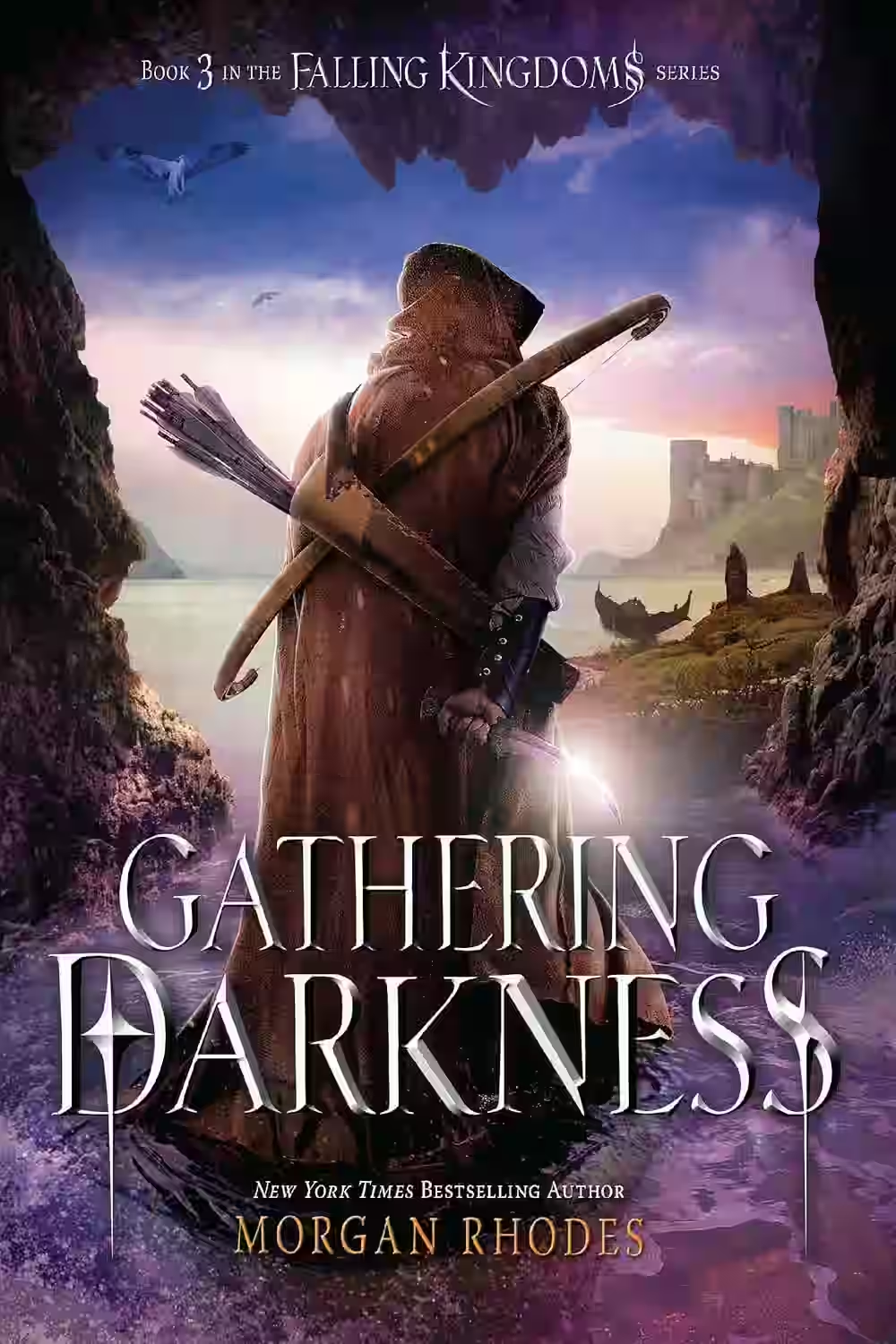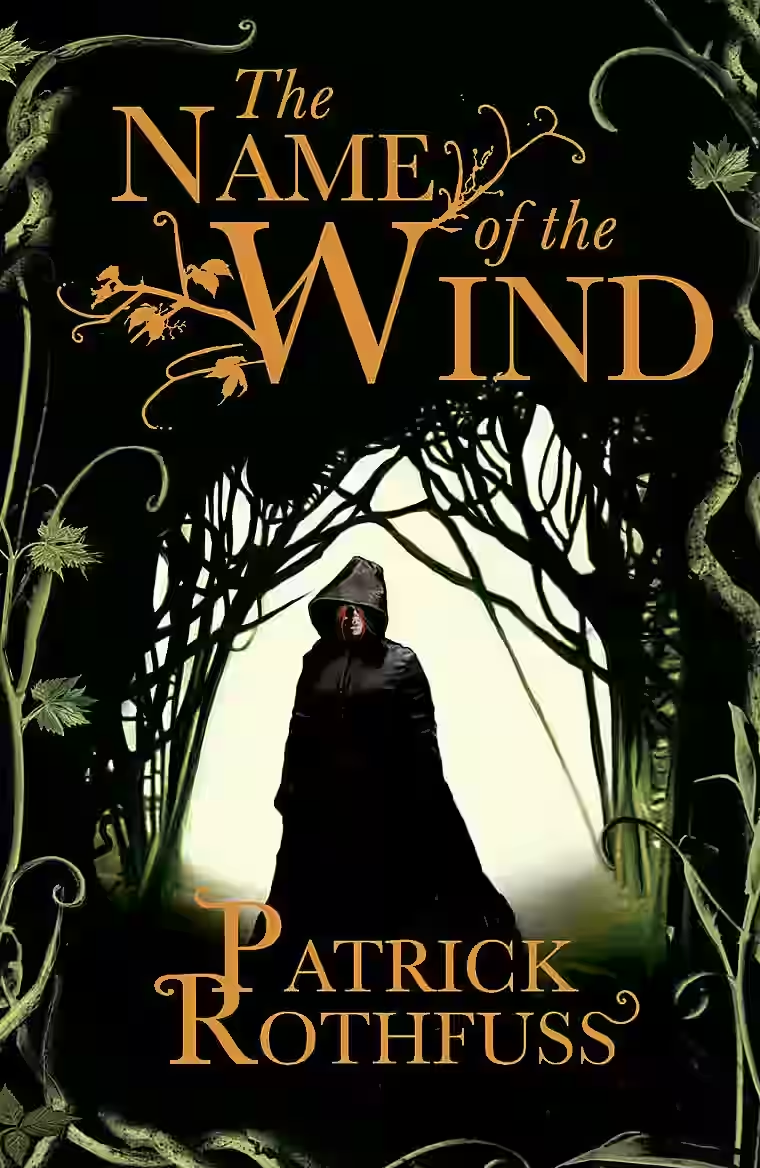
Heidi by Johanna Spyri tells the heartwarming story of a young orphaned girl named Heidi, who is sent to live with her reclusive grandfather in the Swiss Alps. Through her innocent and joyful nature, Heidi transforms the lives of those around her, including her grandfather and her friend Peter. The novel beautifully explores themes of family, friendship, nature, and the healing power of love. Spyri's vivid descriptions of the Alpine setting immerse readers in Heidi's world, making it a timeless classic that continues to captivate audiences of all ages.
About Johanna Spyri
Johanna Spyri (1827-1901) was a Swiss author best known for her beloved children's novel 'Heidi,' which has captivated readers worldwide since its publication in 1881. Born in a small village in Switzerland, Spyri's upbringing greatly influenced her writing, as she drew inspiration from the scenic beauty of the Swiss Alps. 'Heidi' has endured as a classic work of children's literature, celebrated for its themes of friendship, nature, and resilience. Spyri's writing style emphasizes the importance of simplicity and kindness, making her stories both entertaining and morally instructive. Her legacy as a pioneer in children's literature continues to enchant readers of all ages.
Similar Books

East of Eden
Set in the rich farmland of the Salinas Valley, California, this powerful, often brutal novel, follows the interwined destinies of two families - the Trasks and the Hamiltons - whose generations hopelessly re-enact the fall of Adam and Eve and the poisonous rivalry of Cain and Abel. Here Steinbeck created some of his most memorable characters and explored his most enduring themes- the mystery of indentity; the inexplicability of love, and the murderous consequences of love's absence.

Gathering Darkness
Series: Falling Kingdoms (#3)
In 'Gathering Darkness,' the third installment of Morgan Rhodes' gripping 'Falling Kingdoms' series, the stakes are higher than ever as power struggles intensify across the kingdoms of Mytica. This fantasy epic weaves elements of magic, betrayal, and shifting allegiances, as new alliances form and old rivalries reignite. The story follows multiple protagonists, including Cleo, Jonas, and Magnus, as they navigate a perilous journey where friends can become foes in an instant. The narrative is rich with intrigue and action, capturing the reader with its well-developed characters and unpredictable twists. Rhodes skillfully blends these themes to craft a captivating tale of ambition and survival that hooks readers from beginning to end.

The Sorcerer in the North
Series: Ranger's Apprentice (#5)
In 'The Sorcerer in the North,' John Flanagan continues the thrilling saga of Will, the beloved protagonist from the 'Ranger's Apprentice' series. Newly crowned as a Ranger, Will is tasked with an undercover mission to a distant fief, where sinister mysteries are simmering just beneath the surface. The book masterfully blends themes of loyalty, friendship, and the blurred line between bravery and recklessness, with a narrative that expertly switches from intelligence-gathering to action-packed confrontations. Flanagan's skillful storytelling continues to shine through dynamic character development and intricate plot twists, creating an immersive, compelling read that explores the challenges of new responsibilities and the complexities of trust in a perilous world. The book adeptly captures readers' imaginations, offering not only a tale of magic and espionage but also a profound reflection on the moral ambiguities faced during the journey to maturity.

The Name of the Wind
Series: The Kingkiller Chronicle (#1)
This epic fantasy tells the tale of Kvothe, a gifted young musician who becomes the most notorious wizard his world has ever seen. Through an intricate framing device, Kvothe recounts his transformation from a traveling player to a legendary figure, weaving together magic, music, love, and tragedy in a world rich with detail and mystery.